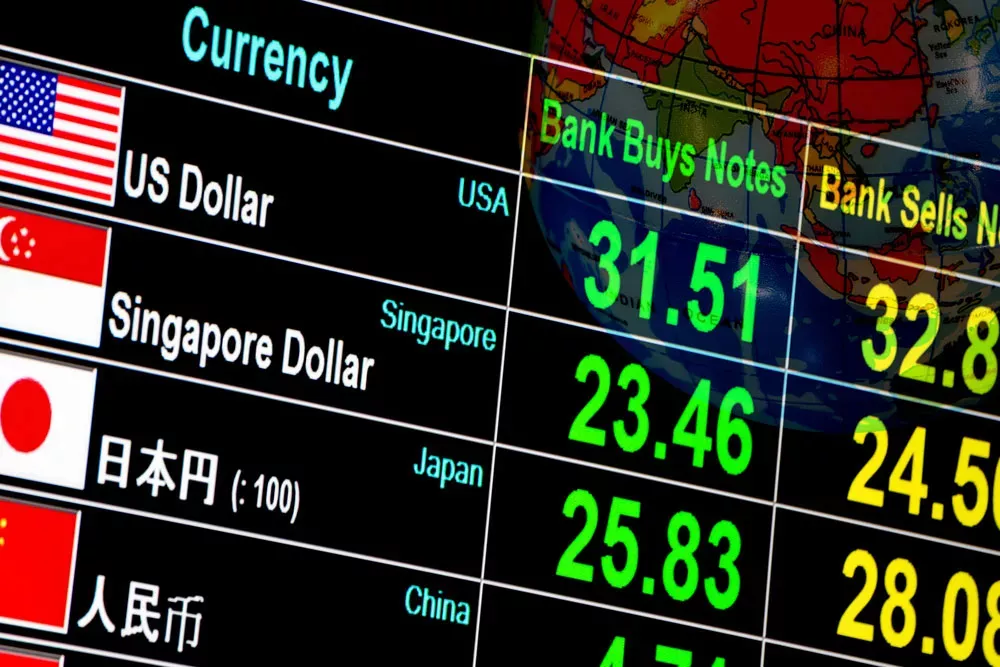In the world of investments, currencies play a crucial role, offering a spectrum of opportunities for astute investors. Understanding which currency is worth investing in requires a comprehensive analysis of various factors, including economic indicators, geopolitical developments, and global market trends. This guide aims to provide insights into identifying promising currencies for investment, exploring their uses, future trends, and offering prudent investment suggestions.
Understanding Currency Investment
Currency investment involves the buying and selling of currencies in the foreign exchange (Forex) market with the aim of generating returns. Investors engage in currency trading for various reasons, including speculation on exchange rate movements, hedging against currency risk, and diversifying investment portfolios. The Forex market, with its high liquidity and round-the-clock trading, provides ample opportunities for investors to capitalize on currency fluctuations.
Prominent Currencies for Investment
1. US Dollar (USD): As the world’s primary reserve currency, the US dollar remains a dominant force in global financial markets. The USD’s status as a safe haven asset during times of economic uncertainty enhances its appeal to investors. With the Federal Reserve’s monetary policy decisions influencing its value, investors closely monitor economic indicators such as GDP growth, inflation rates, and interest rate movements when considering USD investments.
2. Euro (EUR): The euro, the official currency of the Eurozone, represents the world’s second-largest economy. Despite challenges such as Brexit and occasional sovereign debt crises among member states, the EUR remains a key player in the Forex market. Investors track developments within the Eurozone, including ECB monetary policy decisions and economic data releases, to gauge the EUR’s performance.
Future Trends in Currency Investment
The future of currency investment is poised for dynamic shifts influenced by evolving geopolitical landscapes, technological advancements, and economic trends. Digital currencies, such as Bitcoin and other cryptocurrencies, have disrupted traditional currency markets, offering alternative investment avenues. Additionally, emerging market currencies may gain prominence as global economic power dynamics undergo transformation.
Technological innovations, such as blockchain technology, have the potential to revolutionize currency transactions, improving efficiency and transparency in the Forex market. Central bank digital currencies (CBDCs) are also gaining traction, with several countries exploring their development and implementation. These developments underscore the importance of staying informed and adaptable in the ever-changing landscape of currency investment.
Investment Suggestions
1. Diversification: Spread investments across multiple currencies to mitigate risk and capitalize on opportunities arising from diverse economic conditions.
2. Stay Informed: Continuously monitor global economic developments, geopolitical events, and central bank policies to make informed investment decisions.
3. Risk Management: Implement risk management strategies, such as stop-loss orders and position sizing, to protect investments from adverse market movements.
Conclusion
Currency investment offers a multitude of opportunities for investors seeking to diversify their portfolios and capitalize on global market trends. By understanding the dynamics of prominent currencies, staying informed about future trends, and implementing prudent investment strategies, investors can navigate the currency market with confidence. As the global economy continues to evolve, currency investment remains a dynamic and integral component of a well-rounded investment portfolio.
FAQs
Q1: Is currency trading suitable for all types of investors?
A1: Currency trading, like any form of investment, carries inherent risks and may not be suitable for all investors. Due to the high volatility and leverage involved in Forex trading, it is often considered more suitable for experienced investors with a thorough understanding of market dynamics and risk management strategies.
Q2: How can geopolitical events impact currency values?
A2: Geopolitical events, such as trade tensions, political instability, and conflicts, can significantly impact currency values by influencing investor sentiment and economic outlook. For instance, heightened geopolitical tensions may lead to a flight to safety, boosting the value of safe-haven currencies like the US dollar and Japanese yen.
Q3: Are digital currencies a viable investment option?
A3: Digital currencies, including cryptocurrencies like Bitcoin, offer alternative investment opportunities but come with heightened volatility and regulatory uncertainties. While some investors view digital currencies as a speculative asset class with potential for high returns, others remain cautious due to concerns about security, regulation, and market stability. It’s essential for investors to conduct thorough research and carefully evaluate the risks before investing in digital currencies.


